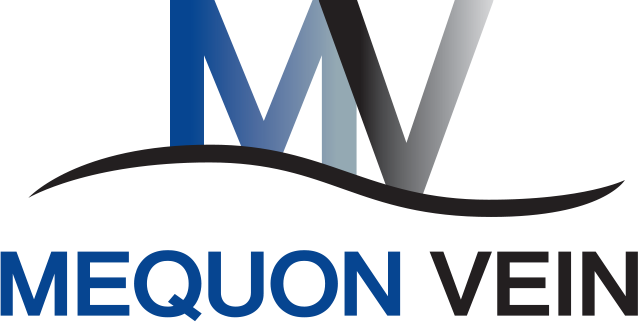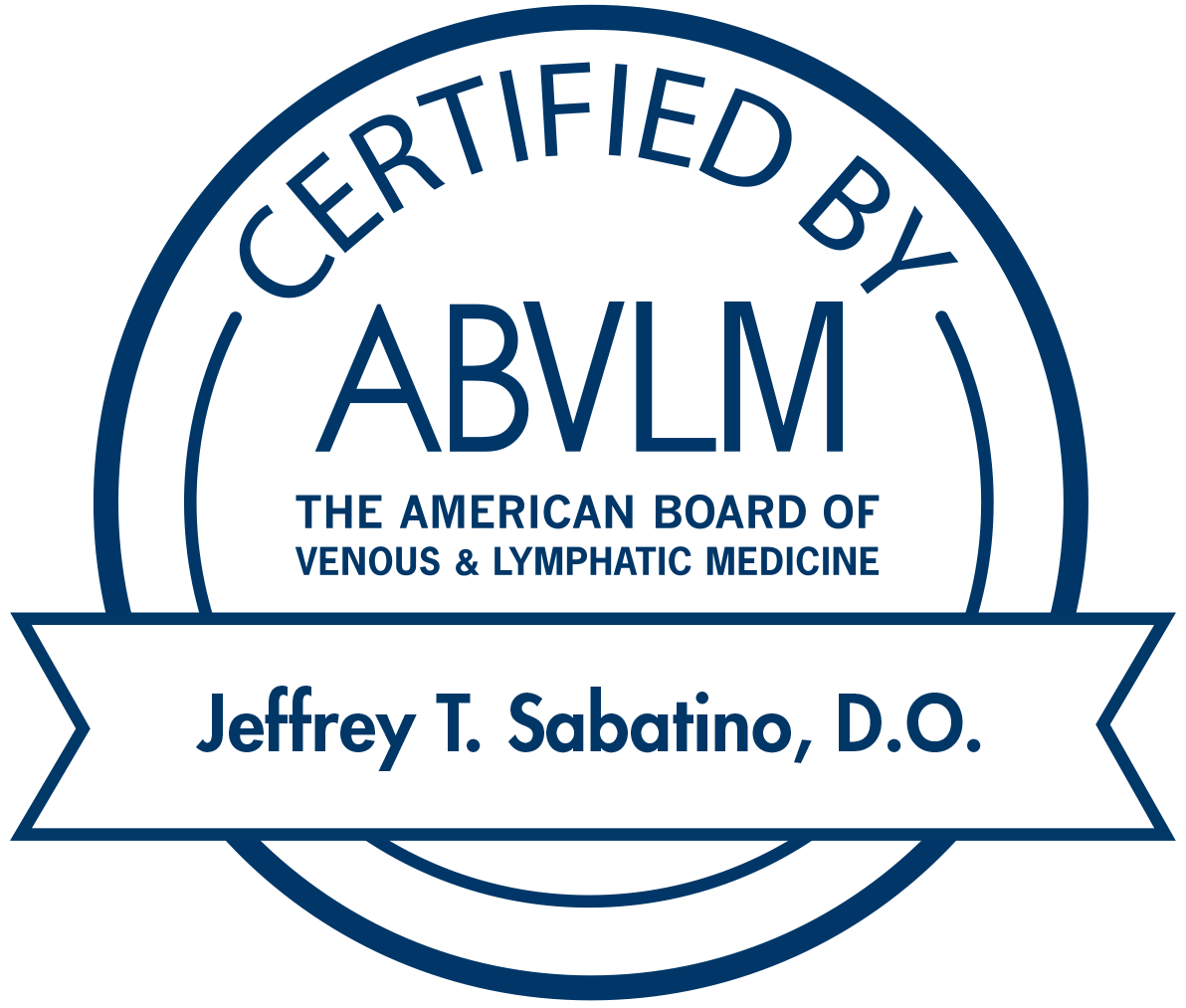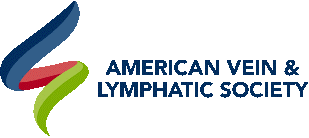Symptoms of Vein Disease
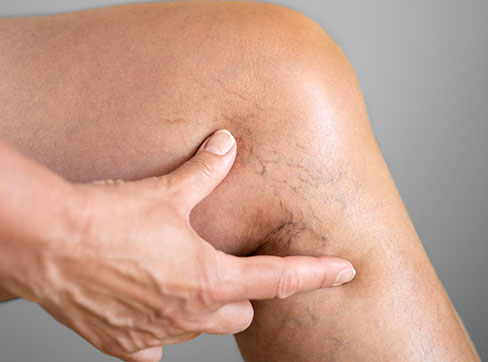
Symptoms
Vein disease has 5 main symptoms: swollen legs or ankles, achy or heavy legs, leg restlessness or cramps, skin discoloration or dryness, and leg pain. Vein disease, also known as venous insufficiency, is a condition that affects millions of people worldwide.
Mequon Vein is home to Dr. Sabatino, an experienced vein specialist. Dr. Sabatino will accurately diagnose your vein symptoms and develop a custom treatment plan for you. Contact us today to learn more about common symptoms associated with vein disease, and we’ll help you decide if it’s time to seek professional medical attention.
What is Vein Disease
Vein disease occurs when the valves within the veins fail to function properly, leading to blood pooling and increased pressure within the veins. As a result, various symptoms arise, indicating the presence of vein disease.
Signs and Symptoms of Vein Disease
Get the Vein Care You Deserve
Concerned about the cost of vein disease treatment? Mequon Vein understands the importance of affordable care. We work closely with many major insurance providers so our patients have access to the highest quality vein care. Some of the most commonly accepted insurances include UMR, UnitedHealthcare, Exceedent and Anthem/Blue Cross Blue Shield. Our knowledgeable staff will guide you through the process, verifying your coverage and explaining any out-of-pocket expenses. Don’t let financial worries prevent you from seeking treatment.

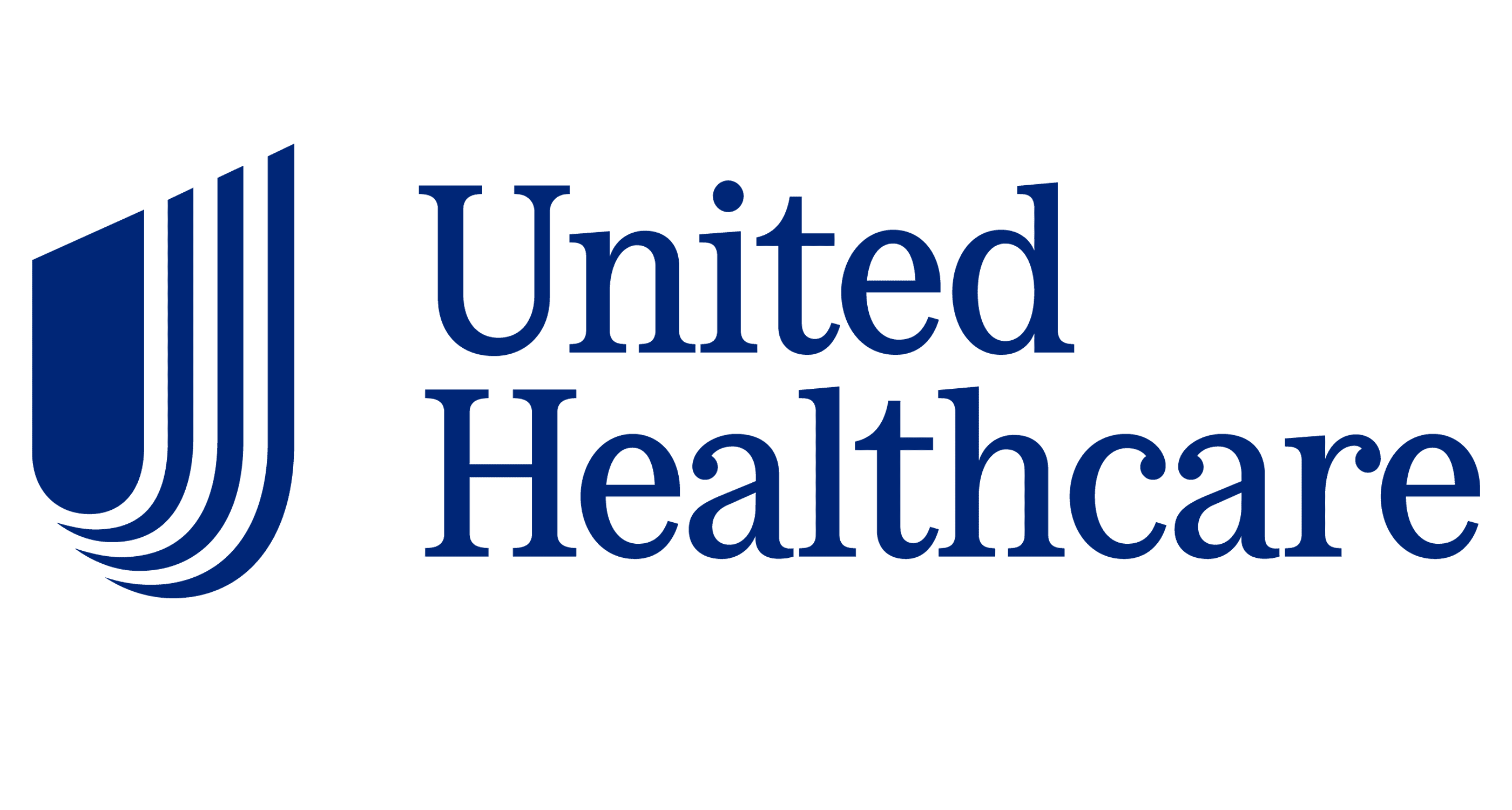


Commonalities Between Spider Veins & Varicose Veins
Part of the trickiness with varicose veins is many of the diseased veins are deep within the skin and not visible on the surface. Many people experience symptoms but have no visible signs. Varicose veins most commonly occur in the legs and under the skin. Most varicose veins require an ultrasound for diagnosis.
Spider veins are also diseased varicose veins that are smaller in appearance and typically less painful. Most individuals with spider veins also have a larger underlying varicose vein issue. Often, the spider veins become visible on the skin’s surface due to the deeper, enlarged varicose veins pushing the smaller blood vessels closer to the surface.
7 Facts of Spider Veins & Varicose Veins
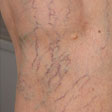 Spider Veins
Spider Veins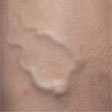 Varicose Veins
Varicose VeinsLocation
Anywhere on the body, beneath the skin’s surface
In most cases, located in the legs, beneath the skin’s surface
Appearance
Thin, web-like veins
Not always visible without ultrasound detection. Appear as swollen and twisted
Texture
Flat
Raised
Size
1mm or 1/32 inch
4 mm or ⅛ inch
Color
Red, blue or purple
Blue or purple
Pain Level
Variable
Moderate to high. Often cause painful leg symptoms
Caused By Vein Disease
5 Signs of Vein Disease
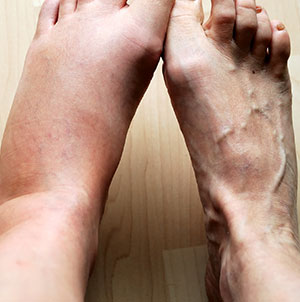
Swollen Legs or Ankles
One of the prominent symptoms of vein disease is leg swelling, also known as edema. This occurs due to the impaired circulation caused by dysfunctional valves within the veins. When the valves fail to efficiently return blood to the heart, blood can accumulate and pool in the lower extremities, resulting in swelling.
Leg swelling associated with vein disease is often more noticeable at the end of the day, after prolonged periods of standing or sitting. It typically affects the ankles and calves but can extend to the entire leg in severe cases.

Achy or Heavy Legs
Another common symptom of vein disease is the sensation of achy or heavy legs. This discomfort typically arises as a result of impaired blood flow and increased pressure within the affected veins. The feeling of achiness or heaviness is often more pronounced after prolonged periods of standing or sitting, as well as towards the end of the day.
Individuals with vein disease may describe their legs as feeling tired, sore or fatigued. The sensation can be accompanied by a dull, persistent ache that may worsen with activity or when the legs are elevated for extended periods.

Leg Restlessness or Cramps
Leg restlessness or cramps can be additional symptoms of vein disease. These sensations often manifest as an uncontrollable urge to move your legs, especially when you’re at rest or trying to sleep. This condition is commonly referred to as restless legs syndrome (RLS) and can be associated with venous insufficiency.
Individuals with vein disease may experience discomfort in the form of tingling, itching or a crawling sensation in their legs. This can lead to an overwhelming need to constantly move the legs for relief. Leg restlessness can disrupt sleep patterns, causing sleep deprivation and daytime fatigue.
In addition to restlessness, individuals with vein disease may also experience leg cramps. Cramps are typically described as sudden, intense muscle contractions that cause pain and can last for several seconds to a few minutes. Cramps commonly occur at night and may be triggered by prolonged periods of inactivity or excessive fluid retention.

Skin Changes
Skin changes may be symptoms of vein disease. As venous insufficiency progresses, impaired circulation and increased pressure in the veins lead to various changes in the skin of the affected areas. Changes may include:
Discoloration: The skin around the affected veins becomes discolored, appearing reddish or brownish. This discoloration is known as hyperpigmentation and is caused by the pooling of blood in the veins.
Ulcers: In severe cases of vein disease, chronic venous ulcers develop. These are open sores that typically form around the ankles or lower legs. Venous ulcers can be painful, slow to heal and prone to infection.
Dryness and Itching: The skin in the affected area becomes dry and itchy due to poor circulation and inflammation. Scratching can further damage the skin barrier and increase the risk of infection.
Skin Thinning: Over time, the skin in the affected area becomes thin and fragile. This makes it more susceptible to injuries and can result in slow wound healing.

Leg Pain
Leg pain is a significant symptom commonly experienced by individuals with vein disease. The pain varies in intensity and presents in different forms, depending on the specific condition causing the vein disease.
In some cases, vein disease leads to more severe leg pain, such as sharp or shooting pain. This type of pain could indicate complications such as blood clots or inflammation of the veins (phlebitis). It is crucial to seek immediate medical attention if you experience sudden, severe leg pain.
What to Expect
Varicose Veins
The National Library of Medicine stated 20% of all adults will get varicose veins at some point in their lives.
Approximately 23% of US adults have varicose veins according to AHA Journals.
40 million people in the US have been diagnosed with varicose veins before, about 12.5% of the country’s population.
Spider Veins
More than 40% of women have a vein condition, which includes spider veins according to the American Society for Dermatologic Surgery.
Medical News Today claims 41% of females aged 50 and over have spider veins.
Schedule Treatment for Vein Disease Symptoms
If you’re experiencing symptoms of vein disease, it’s crucial to seek timely treatment. Vein disease often causes discomfort, pain and complications. Schedule a consultation and we’ll design a treatment plan. Alleviate discomfort, improve circulation and prevent further complications with treatment from MequonVein.
Our Office Locations
Mequon Vein has provided varicose vein treatment in the greater-Milwaukee area and beyond since 2004. We welcome patients from all over Wisconsin, Northern Illinois, and beyond. Stop by one of our two locations:
Brookfield
VIEW BROOKFIELD HOURS
Monday: 7:30am-4:00pm
Tuesday: 7:30am-4:00pm
Wednesday: Closed
Thursday: Closed
Friday: Closed
Saturday: Closed
Sunday: Closed
VIEW BROOKFIELD HOURS
Monday: 7:30am-7:00pm
Tuesday: 7:30am-4:00pm
Wednesday: 7:30-4:00pm
Thursday: 7:30am-7:00pm
Friday: 7:30am-4:00pm
Saturday: Closed
Sunday: Closed
17280 West North Ave
Suite 200
Brookfield WI, 53045-4366
Mequon Vein Service Areas
Mequon Vein is a vein treatment center servicing Brookfield, Delafield, Germantown, Menomonee Falls, New Berlin, Sheboygan, Thiensville, Waukesha, and the surrounding communities in Southeast Wisconsin. If you need vein treatment, contact our physicians today for a free consultation.
